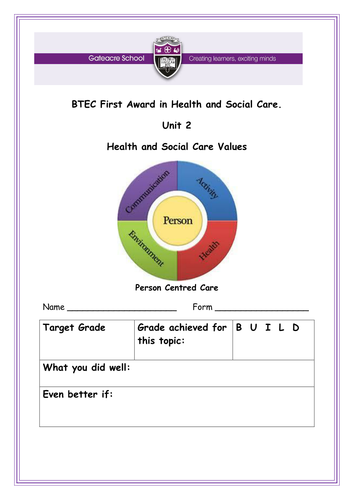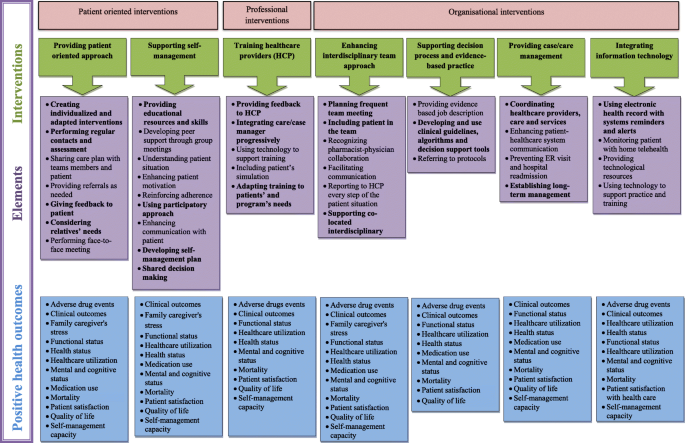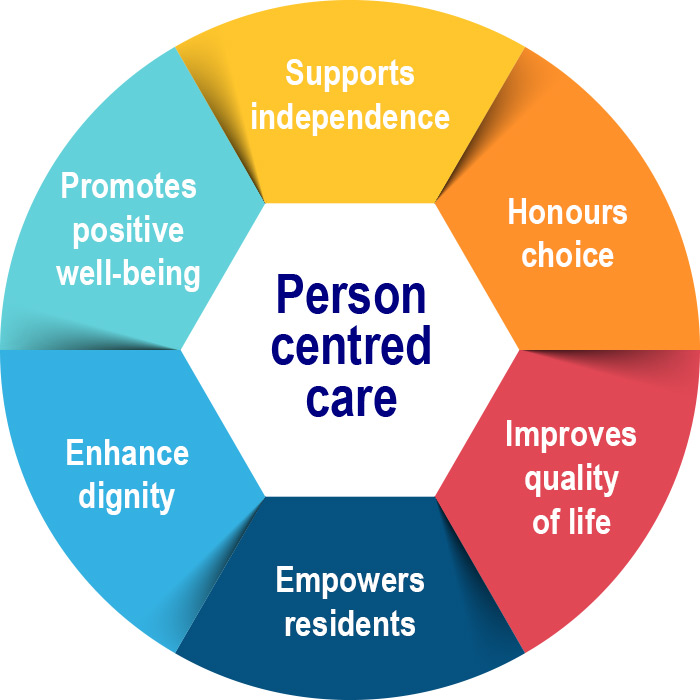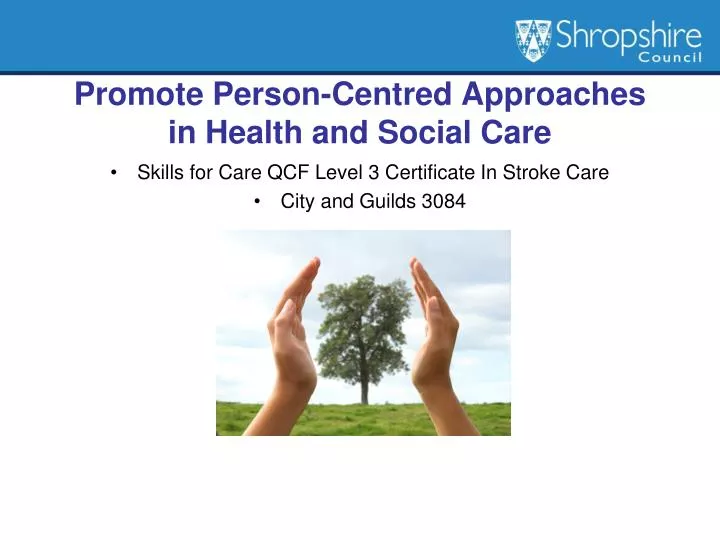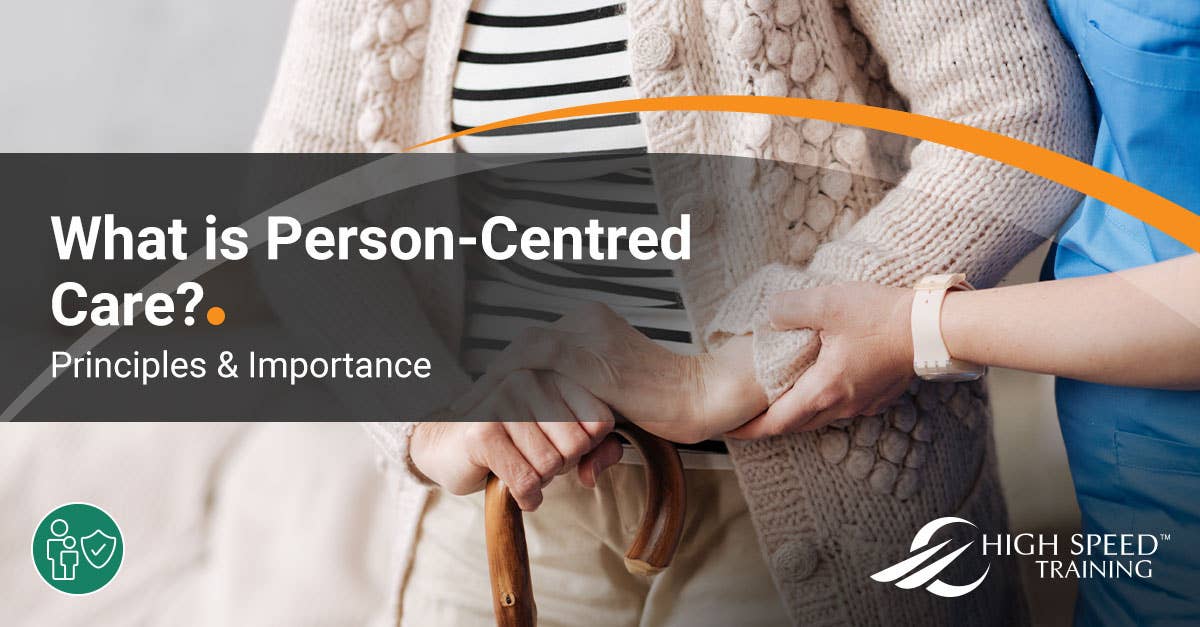Person-centered approaches, also known as person-centered care or person-centered planning, are approaches to supporting individuals that prioritize the person's own goals, needs, and preferences. These approaches seek to empower individuals and give them control over their own lives, rather than imposing predetermined solutions or expecting them to conform to a certain model. In order to implement person-centered approaches, it is important to understand the principles that underpin them and to be willing to adapt to the unique needs and circumstances of each individual.
The first principle of person-centered approaches is that every individual is unique and has their own goals, needs, and preferences. This means that it is important to get to know the person and understand their individual circumstances in order to provide the most appropriate support. This may involve spending time with the person, talking to them about their goals and needs, and gathering information from other people who know them well. It is also important to remember that people's goals and needs may change over time, so it is important to regularly review and update the support provided.
The second principle of person-centered approaches is that the person should be involved in all aspects of their care and support. This means that the person should be actively involved in decision-making and should have a say in the planning and delivery of their support. This can be achieved through the use of person-centered planning tools, such as personal profiles, which allow the person to identify their strengths, goals, and needs, and to develop a plan that meets their individual needs. It is also important to involve the person in the review and evaluation of their support, so that they can provide feedback and help to shape the direction of their care.
The third principle of person-centered approaches is that the person should be supported to be as independent as possible. This means that the support provided should focus on helping the person to develop their skills and abilities, rather than simply providing them with assistance. This can be achieved through the use of a range of approaches, such as goal setting, skill building, and person-centered planning. It is also important to ensure that the person has access to appropriate resources and support, such as assistive technology and personal assistants, in order to help them achieve their goals.
In order to effectively implement person-centered approaches, it is important to adopt a flexible and adaptable approach. This may involve trying out different approaches and being open to changing the support provided in response to the person's changing needs and circumstances. It is also important to involve the person in the planning and review of their support, and to involve other people who know them well, such as family members and friends.
Overall, person-centered approaches provide a framework for supporting individuals that prioritize their own goals, needs, and preferences. By understanding the principles that underpin these approaches and being willing to adapt to the unique needs and circumstances of each individual, it is possible to effectively implement person-centered approaches and empower individuals to live the lives they want.
